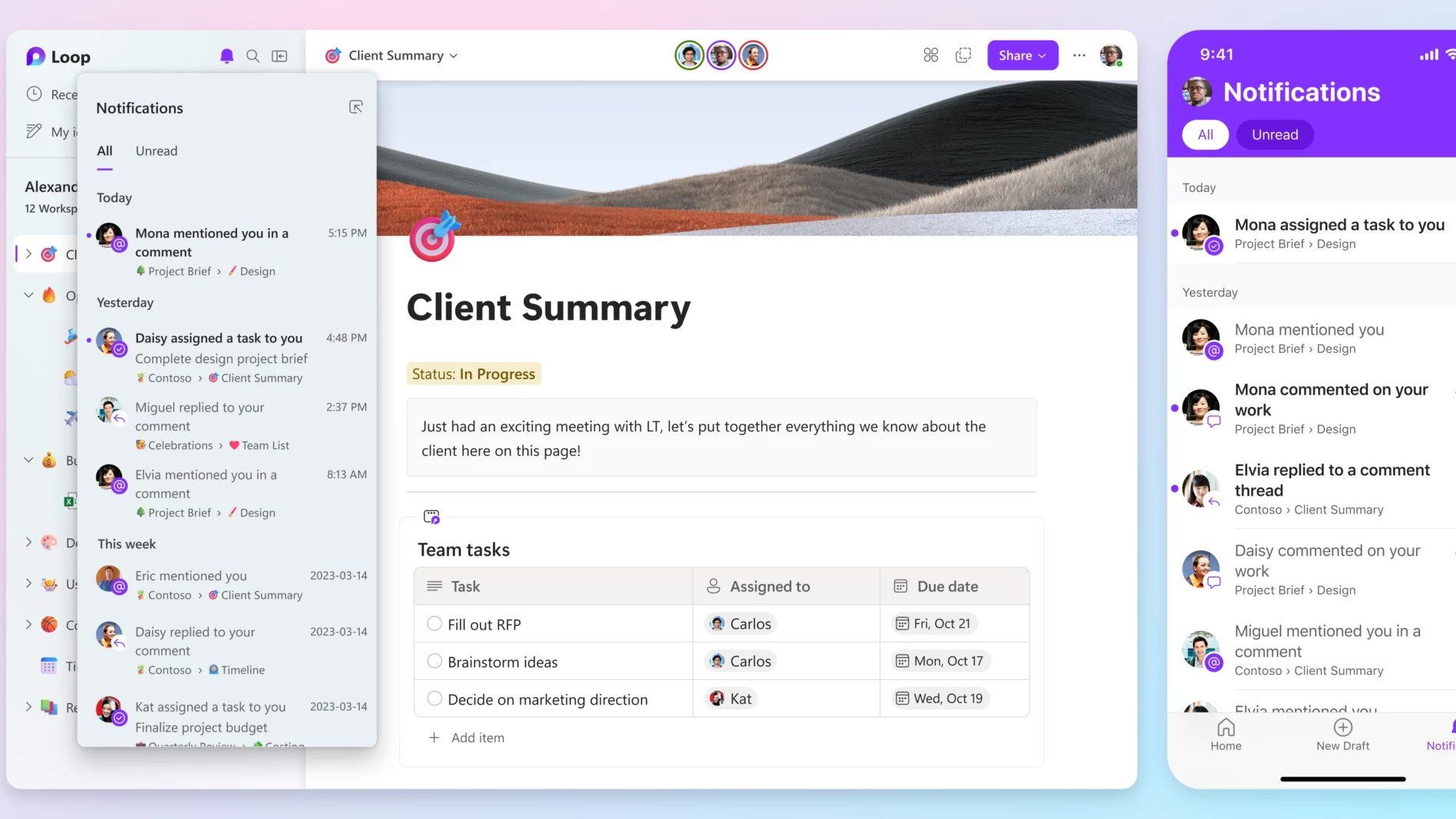Taiwan becomes first country to ban Zoom amid security concerns
Public sector bodies are advised to use Microsoft or Google services if they can’t find locally-developed platforms


Taiwan has become the first country to formally block public sector bodies from using the embattled video conferencing platform Zoom in light of mounting security concerns.
The executive branch of its government’s Department of Cyber Security (DCS) has issued a formal advisory to government organisations and non-government agencies against using platforms associated with security risks.
Zoom has been singled out, by name, as a platform which, if used, contravenes rules set out under the nation’s Cyber Security Management Act, which passed last year. The legislation introduced robust information and data security measures, which aim to defend Taiwan’s critical communications infrastructure.
Organisations and businesses, under the advisory, should use services that are developed domestically, and platforms that haven’t been publicly associated with security issues - which Zoom has.
If it’s not possible to find local video conferencing applications, the official advisory recommended that organisations use products developed by Google and Microsoft, as well as other “global information and communications giants”. Many of these companies are offering their services for free amid the global coronavirus pandemic.
The platform has just endured a nightmare couple of weeks, in which a litany of issues, both major and minor, have been brought to light by researchers and reporters.
The software, for example, claimed to have end-to-end encryption when this simply wasn’t the case. Concerns were raised, moreover, that iPhone users’ personal and device data was being transferred to Facebook against their explicit consent. This aspect of the platform was fixed shortly after it was first reported, with Zoom killing the particular Facebook integration.
Get the ITPro daily newsletter
Sign up today and you will receive a free copy of our Future Focus 2025 report - the leading guidance on AI, cybersecurity and other IT challenges as per 700+ senior executives
These issues have arisen in addition to the phenomenon of ‘Zoom-bombing’ in which unauthorised third-parties are dropping into sessions unannounced. The extent to which this was happening led the FBI to issue an official warning. This major privacy concern has sent Zoom stocks plummeting over the last couple of days, falling nearly 15% as of Monday 7 April.
The constant stream of news has led to organisations considering whether or not to ban staff from using the video conferencing platform altogether. Elon Musk’s SpaceX, for example, has gone so far as to disable all staff access to the software in light of the threat of ‘Zoom bombing’ and the lack of true end-to-end encryption.
RELATED RESOURCE

Five essentials of a secure modern workplace
The CIO's guide to unleashing productivity whilst minimising risk
Although no other country has yet banned Zoom, the UK’s Ministry of Defence (MoD) has recommended that staff working in government refrain from using the platform while security concerns are investigated. Despite this, prime minister Boris Johnson hosted at least one cabinet meeting over the platform in recent weeks.
The official advisory has come after a surge in users flocking to Zoom to keep in touch with friends and colleagues while self-isolating due to lockdown measures. The same is true for users in Taiwan, although its government has been stricter than many.
US officials, for example, have been pleased with the extent by which Zoom is taking the security concerns seriously, according to Reuters. A memo drafted by the Department of Homeland Security (DHS) cyber security branch praised the company for its response to the issues raised over the past few days.
Zoom’s CEO Eric Yuan had issued a statement last week admitting the company “moved too fast” during the COVID-19 surge, and made several missteps. The firm announced it would suspend all development amid the widespread criticism, to instead focus on resolving the security issues through patches and fixes. This is in addition to weekly Q&As and frequent updates on how Zoom is progressing.

Keumars Afifi-Sabet is a writer and editor that specialises in public sector, cyber security, and cloud computing. He first joined ITPro as a staff writer in April 2018 and eventually became its Features Editor. Although a regular contributor to other tech sites in the past, these days you will find Keumars on LiveScience, where he runs its Technology section.
-
 CyberOne appoints Microsoft’s Tracey Pretorius to its advisory board
CyberOne appoints Microsoft’s Tracey Pretorius to its advisory boardNews The threat intelligence leader will provide strategic guidance to CyberOne’s executive team
By Daniel Todd
-
 CISA issues warning in wake of Oracle cloud credentials leak
CISA issues warning in wake of Oracle cloud credentials leakNews The security agency has published guidance for enterprises at risk
By Ross Kelly
-
 New Microsoft Teams features for business users
New Microsoft Teams features for business usersIn-depth All the latest Microsoft Teams features after the platform is given a redesign, complete with an AI-powered assistant and a faster engine
By Danny Bradbury
-
 Microsoft Teams now allows SMBs to collect payments in meetings
Microsoft Teams now allows SMBs to collect payments in meetingsNews With the help of PayPal, Stripe, and GoDaddy, the Microsoft Teams Payments app offers in-meeting payment requests
By Connor Jones
-
 Microsoft launches collaboration platform Loop, its answer to Notion
Microsoft launches collaboration platform Loop, its answer to NotionNews Greater collaboration tools are coming to the Microsoft 365 suite, aiming to help teams work together without having to jump between different apps
By Zach Marzouk
-
 Meta Quest Pro preview: Meet Meta's 'laptop killer'
Meta Quest Pro preview: Meet Meta's 'laptop killer'Opinion We go hands-on with the Meta Quest Pro, as the firm banks on turning hardware preferences upside down
By Bobby Hellard
-
 Microsoft launches Places, includes GPS-style navigation to help find meeting rooms
Microsoft launches Places, includes GPS-style navigation to help find meeting roomsNews The new app built specifically for organisations adopting a permanent hybrid work model brings new features to manage people and the workplace itself
By Connor Jones
-
 The IT Pro Podcast: Enabling bilingual business
The IT Pro Podcast: Enabling bilingual businessIT Pro Podcast How Wales is using digital tech to deliver a greater choice of languages
By IT Pro
-
 Podcast transcript: Enabling bilingual business
Podcast transcript: Enabling bilingual businessIT Pro Podcast Read the full transcript for this episode of the IT Pro Podcast
By IT Pro
-

 Qnap KoiBox-100W review: An intriguing alternative
Qnap KoiBox-100W review: An intriguing alternativeReviews A versatile and affordable videoconferencing solution with great wireless screen presentation features
By Dave Mitchell